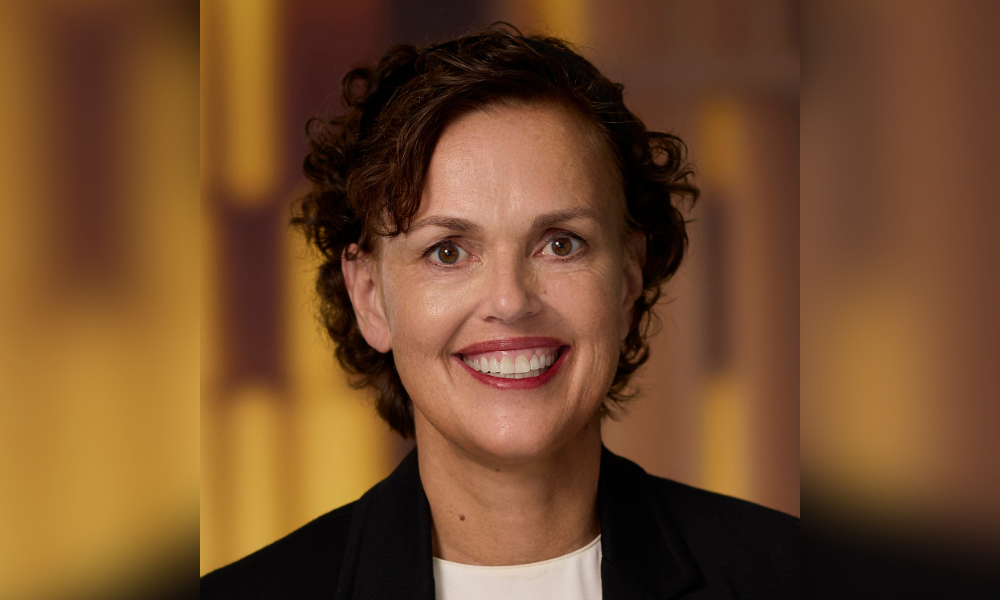The Law Council of Australia is hopeful that the release will pave the way for a fairer future
.jpg)
In what is hailed by the Law Council of Australia as a milestone in the push to create a more equitable environment for women barristers, the first tranche of data from the peak body’s Equitable Briefing Policy has been released.
Launched in 2016 to an eager legal community, the policy encourages organisations to take all reasonable steps to brief women. The policy aims for women barristers to be briefed in at least 30% of all briefs and receive at least 30% of the total value of all brief fees by 2020.
The Law Council found in its first report on the briefing policy that women barristers received 20% of the total briefs and 15% of the total fees charged by barristers. It also found that among junior barristers, women barristers received 28% of all briefs. Among senior barristers, women barristers received 12% of briefs.
“What gets measured gets managed. While this first round of data shows there is obviously a long way to go, we have been greatly buoyed by the enthusiasm for change among the profession,” said Morry Bailes, Law Council president. “The overwhelming majority of large Australian law firms and many of the nation's biggest corporations have now formally signed onto the Equitable Briefing Policy – over 350 organisations and individuals in all.”
He said that changing an entrenched culture will not happen overnight.
“Yet we are confident that through the conscious efforts of signatories in volunteering to self-regulate, coupled with steadfast regular reporting, we can make a real difference in the coming years,” he said.
“We know that women are graduating from Australian law schools in significantly larger numbers than their male counterparts, yet they make up a lower percentage of barristers (23% in 2015), spend fewer hours in court, and get paid less in fees. As a profession we can and must improve in this area,” Bailes said.
The trend for junior women barristers is encouraging, he added. The Law Council and its constituent bodies and other stakeholders have been working hard on efforts to boost the retention of women, he said.
“We are hopeful we will see those junior barrister trends graduating into the senior barrister ranks over time. The Law Council is grateful for the leadership of the profession and signatory organisations for recognising the importance of diversity and equality,” he said.
Related stories:
Renewed calls for gender equality in law amid uneven High Court representation
Firms signing up for National Equitable Briefing Policy










